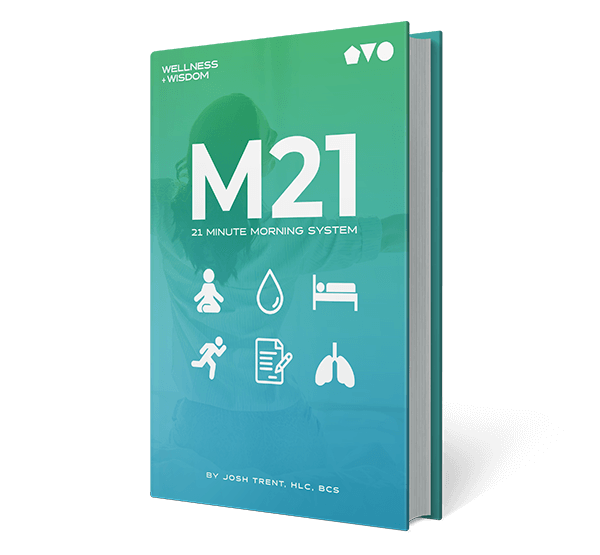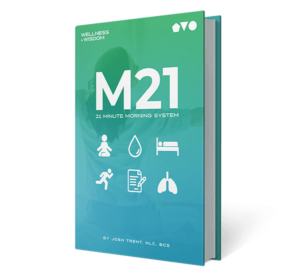 Helping children improve their speech articulation at home can be both effective and enjoyable with the right set of engaging games. Incorporating articulation games in speech therapy sessions can make a significant difference in a child's communication skills. By dedicating just a few minutes each day to these activities, parents can assist their children in practicing the correct pronunciation of sounds in a fun and interactive way.
Helping children improve their speech articulation at home can be both effective and enjoyable with the right set of engaging games. Incorporating articulation games in speech therapy sessions can make a significant difference in a child's communication skills. By dedicating just a few minutes each day to these activities, parents can assist their children in practicing the correct pronunciation of sounds in a fun and interactive way.
From classic games to innovative uses of toys and play sets, there are numerous options available to make articulation practice enjoyable. Games make the process entertaining but also encourage children to practice their target sounds in a natural context.
Exploring a diverse range of speech therapy activities for kids can provide valuable techniques that elevate communication skills. Whether using board games, toys, or themed activities, the key is to integrate these practices into daily routines, making speech therapy both accessible and fun for children at home.
Table of Contents
Key Takeaways
- Articulation games boost children's communication skills
- Daily practice with engaging activities makes a big impact
- Utilize a variety of games and resources to keep therapy fun
Exploring Articulation Therapy
Articulation therapy is essential in addressing speech sound disorders and improving a child's ability to communicate effectively. It involves structured practice both in clinical settings and at home.
Understanding Speech Sound Disorders
Speech sound disorders (SSDs) affect a child's ability to produce specific sounds, leading to unclear speech. These disorders can be classified into articulation disorders and phonological disorders. Articulation disorders are characterized by difficulty in physically producing certain sounds. In contrast, phonological disorders involve patterns of sound errors.
Early identification and intervention are vital. SLPs assess children through various methods, including formal tests, informal observations, and parental reports. Successful therapy can significantly improve speech intelligibility and boost confidence, enhancing social and academic interactions.
The Role of the Speech-Language Pathologist
Speech-Language Pathologists (SLPs) are the professionals who diagnose and treat speech sound disorders. They develop individualized therapy plans that cater to each client's unique needs. SLPs utilize evidence-based techniques to target problem areas, working on specific sounds and word formations.
During speech therapy sessions, SLPs might use games, visual aids, and repetitive drills to make therapy engaging. Collaboration with parents and teachers is also essential to ensure that strategies are reinforced outside of therapy sessions. This holistic approach is key to effective communication development.
Importance of Articulation Practice at Home
Home practice is a critical component of successful articulation therapy. Reinforcement of skills learned in therapy through consistent practice can lead to faster and more robust improvements. Parents play a pivotal role by incorporating articulation activities into daily routines.
Setting aside dedicated time for practice and using resources like flashcards and word lists can make a significant difference. Engaging children in games that require them to produce target sounds can make practice enjoyable. This ongoing reinforcement helps ensure the maintenance of fluent speech, promoting better academic success and social interactions.
Engaging Games for Articulation Practice
Practicing articulation at home can be both fun and effective through a variety of games and activities. Utilizing classic games with slight modifications, creative sensory play, and digital resources can help children with speech therapy practice engagingly.
Classic Games with an Articulatory Twist
Incorporating familiar games with speech activities can encourage children to participate in articulation practice. Go Fish and Memory Game with articulation cards are excellent for this. Using two sets of cards helps players focus on specific sounds, such as vocalic r or s/z sounds.
Tic Tac Toe can be played using articulation word lists instead of X’s and O’s. Each time a player wants to make a move, they must correctly pronounce a word or phrase. Bowling games can involve saying a target word before each roll, making the activity engaging and repetitively focused on speech goals.
Creative Play for Speech Development
Articulation practice can also incorporate creative play and sensory activities. Fishing games using magnets and paper clips with paper fish can help keep younger children engaged. They must say the word displayed on the fish before “catching” it.
Sensory bins filled with items to find and name can also support speech therapy activities. Encouraging children to describe objects or say their names can be both stimulating and effective.
Artwork assignments like drawing or painting while practicing specific sounds or reading words aloud can further immerse children in speech articulation tasks. This ensures practice while they enjoy creative activities.
Digital Resources for Engaging Practice
Digital tools offer a wide range of interactive speech therapy activities. Boom Cards and iPad apps can provide instant feedback and varied articulation drills. These platforms often include games where children can practice articulation in engaging, animated settings.
Online games offer customizable practices such as hangman, jumbled words, or scavenger hunts that focus on specific speech goals. Websites offer numerous resources and activities designed specifically for speech therapy.
Conclusion
Practicing articulation at home can be both fun and effective. By incorporating engaging games, children can improve their speech in engaging ways.
Consistent practice and interactive activities ensure children develop clear and confident speech skills. By making practice enjoyable, children are more likely to stay motivated and see improvements in their speech over time.









